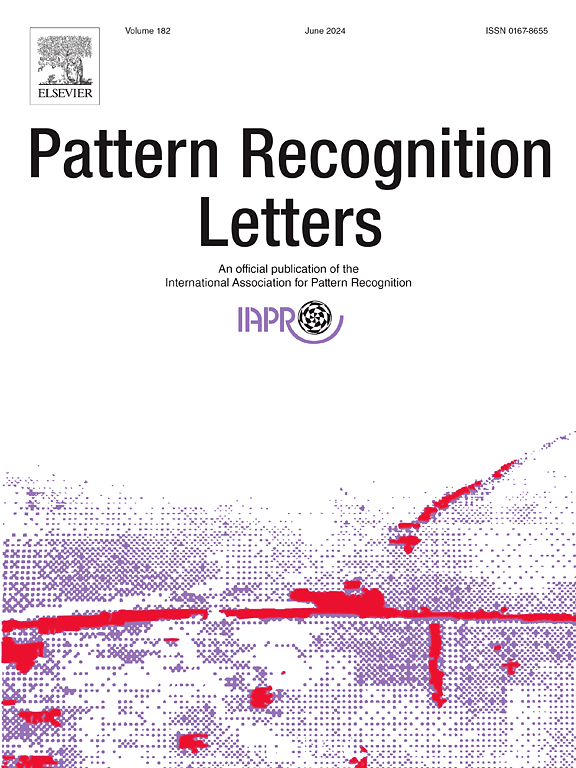An information-theoretic learning model based on importance sampling with application in face verification
IF 3.9
3区 计算机科学
Q2 COMPUTER SCIENCE, ARTIFICIAL INTELLIGENCE
引用次数: 0
Abstract
A crucial assumption underlying the most current theory of machine learning is that the training distribution is identical to the test distribution. However, this assumption may not hold in some real-world applications. In this paper, we develop a learning model based on principles of information theory by minimizing the worst-case loss at prescribed levels of uncertainty. We reformulate the empirical estimation of the risk function and the distribution deviation constraint based on the importance sampling method. The objective of the proposed approach is to minimize the loss under maximum degradation and hence the resulting problem is a minimax problem which can be converted to an unconstrained minimum problem using the Lagrange method with the Lagrange multiplier . We reveal that the minimization of the objective function under logarithmic transformation is equivalent to the minimization of the -norm loss with . We applied the proposed model to the face verification task, demonstrating enhanced performance both under large distribution deviations and on hard samples.
求助全文
约1分钟内获得全文
求助全文
来源期刊

Pattern Recognition Letters
工程技术-计算机:人工智能
CiteScore
12.40
自引率
5.90%
发文量
287
审稿时长
9.1 months
期刊介绍:
Pattern Recognition Letters aims at rapid publication of concise articles of a broad interest in pattern recognition.
Subject areas include all the current fields of interest represented by the Technical Committees of the International Association of Pattern Recognition, and other developing themes involving learning and recognition.
 求助内容:
求助内容: 应助结果提醒方式:
应助结果提醒方式:


